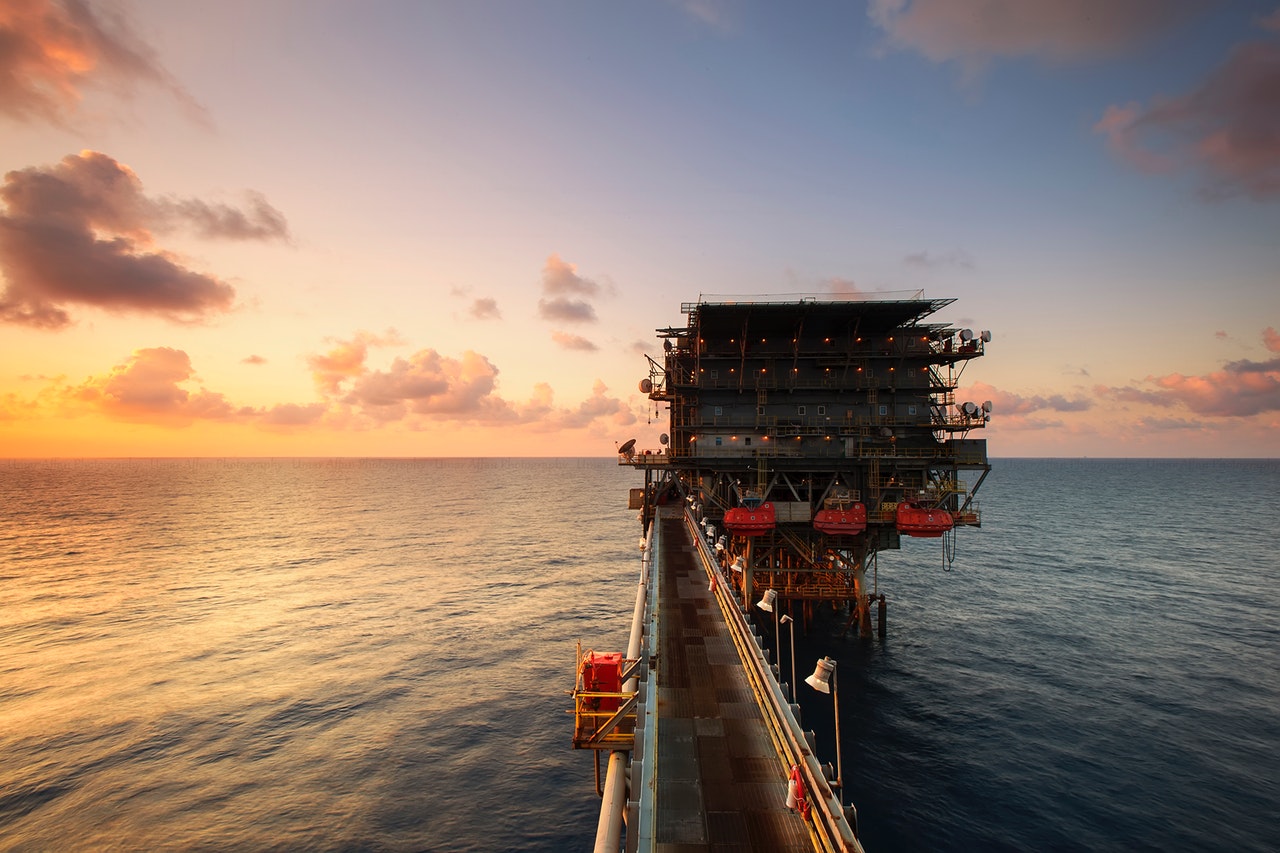Global oil and gas prices are bursting as markets react to Russia’s invasion of Ukraine and possible disruptions to crude oil flows.
Oil reached the highest level in the last 14 years to $139 a barrel, while wholesale gas prices for next-day delivery more than doubled.

As a result, the coming months and years will see a strategic transformation of the global energy. Europe will change from Russian oil and gas supplies to alternative sources such as renewables, nuclear, coal and Middle East hydrocarbons.
As a consequence, unless a peace settlement is reached soon, Russian oil and gas exports will be reduced or even blocked from the global energy supply chain.
High energy prices will be maintained for as long as Europe is dependent on Russian energy and the conflict continues and Moscow is sanctioned. In the short term, the surge in oil prices delivers a financial boost to Middle East oil producers, who will use the money to accelerate post-pandemic stimulus infrastructure in 2022.
The analysts predict that in long term, with rising inflation creating huge economic blow for the global economy, Middle East oil and gas will become increasingly vital to stabilize the energy markets.
Qatar, for example, can become a major natural gas supplier for Europe with its liquefied natural gas (LNG) expansion program underway.
Saudi Arabia, the United Arab Emirate and other countries' oil producers have abundant supplies of low-cost oil and gas reserves. The Gulf countries are investing heavily to increase production capacity and they have proven themselves to be reliable and stable suppliers over the past four decades.
Their investment in future fuel technology, such as hydrogen and renewable energy, provides an important green angle that lines up with international action against climate change, as well as the environmental, social and governance criteria imposed by multinational corporations and institutional investors.